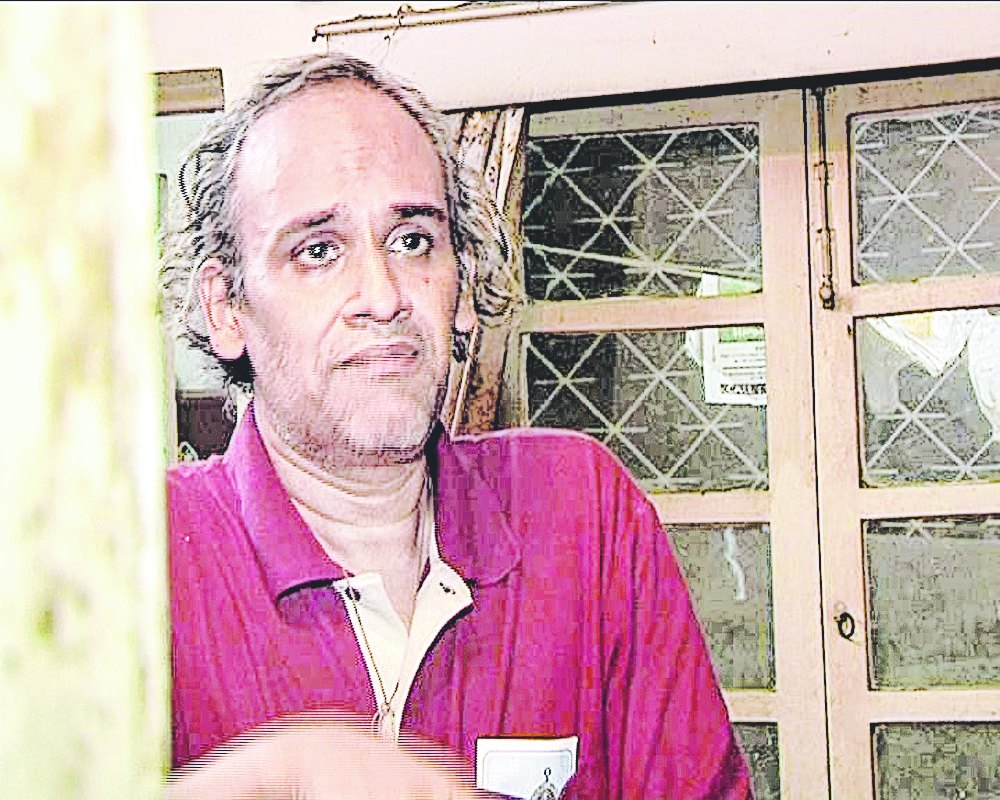
Calcutta, June 13: Partho De, who held on to his dead sister's body for six months before its fortuitous discovery, was among the best in a class of bright physics students two decades ago but often behaved "unusually", his then peers and teachers said.
Asked about specifics, they couldn't recall much apart from his habit of abruptly flitting from one topic to another during conversations. But it seems Partho, 44, now in a mental hospital after his arrest on Thursday, gave them all a strong impression of being "different".
"He was very studious and cordial in class but there was something unusual in his behaviour," said Ashik Paul, an associate professor with Calcutta University who had been Partho's batch-mate at the Rajabazar Science College.
Partho had left the university in 1995 with a BTech in radio physics and electronics, a course that attracted some of the city's highest-scoring physics graduates in the 1990s.
Calcutta University then allowed only honours graduates into its BTech courses. Its 25 BTech seats in radio physics and electronics were mostly occupied by graduates with first-class marks (60 per cent or above) in physics, which counted as a feat considering the university's often miserly marking.
Partho would attend classes regularly, never failed to complete his assignments on time, and often worked on his laboratory projects till late in the evening.
"He was perfectly all right in his studies. His performance in the BTech exam wasn't outstanding but he was definitely much more intelligent than an average student," said Sushanta Sen, one of Partho's former professors.
"But when we (the teachers) interacted with him one-to-one, we found him slightly different from others. During conversations, he would often jump from one topic to another, which seemed abnormal for someone of his intelligence."
In the 1990s, students who took the radio physics BTech course mainly aimed to earn a doctorate and pursue a career in advanced research. But Partho chose to work for an IT company.
He was unusual also in never returning to meet his teachers. "Most of our students stay in touch but Partho never did," Sen said.
Sen had also taught Partho's elder sister Debjani, 46, who did the same course three years before him.
"She was unlike him in many ways. She met me at least twice after she cleared her exams," he said. Yet, after earning her degree, Debjani chose to teach music at a school.
"The very best got the seats in radio physics then," Manas Joardar, former professor of applied physics at Rajabazar Science College, confirmed.
Calcutta University's BTech course in radio physics and electronics lost its sheen with the advent of private engineering colleges that opened their BTech courses to undergraduates. This year, Calcutta University too allotted half its BTech seats to undergraduates.










